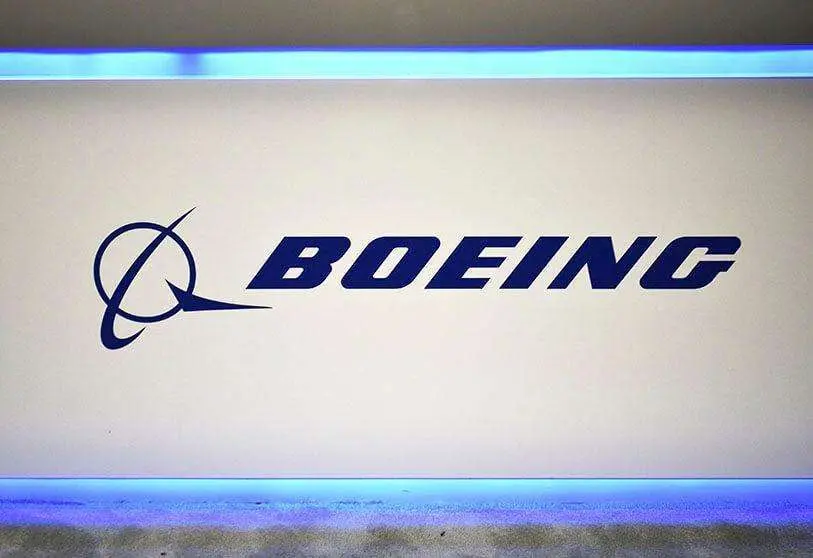Marruecos logra un impulso de 1.000 millones de dólares anuales gracias a su acuerdo con Boeing

The US company Boeing has agreed to create an ecosystem of 120 aerospace suppliers in Morocco. This initiative aims to stimulate the growth of the aerospace industry in the country by offering suppliers access to new markets. The memorandum is part of Boeing's strategy to develop its presence on the African continent and is intended to help boost the development of the Moroccan aerospace industry through the creation of a network of local suppliers. The agreement will enable Boeing to connect with local companies to obtain supplies of aerospace-related products and services, thus contributing to the development of the Moroccan aerospace industry. This includes developing new technology solutions, strengthening the local supply chain and supporting the education and training of aeronautics experts. This initiative follows the recent signing of a cooperation agreement between Boeing and the Moroccan Civil Aviation Authority (ICAO) to promote the development of safe aviation in the country, as well as Boeing's support of the Moroccan aviation industry through job creation and training of local professionals. These agreements will help Morocco become a more diversified economy, creating jobs and contributing to the technological development of the region. These efforts add to the growing relationship between the United States and Morocco, which has developed since the signing of a free trade agreement in 2004.

Boeing has expanded its commitment to Morocco by signing a new agreement for the creation of an aerospace supply ecosystem, which it expects to achieve an export volume of $1 billion per year, as well as the creation of 8,700 skilled jobs. The agreement also includes training programmes designed by Boeing to facilitate the filling of these positions. This alliance is in addition to the industrial offset agreement signed a month ago, for the supply of spare parts from local manufacturers estimated at $150 million. Boeing's agreement with Morocco is a major step towards the development of the aerospace industry in the country. This initiative will allow the Moroccan industry to grow by providing technology, training and expertise to local personnel, which will contribute to the creation of more jobs and higher incomes. This partnership will also enable Morocco to have a world-class aerospace industry, allowing it to be a major force in international trade. In addition, the partnership will enhance the competitiveness of the Moroccan airline industry and open new opportunities for local suppliers by allowing them to supply components for Boeing aircraft.

President Joe Biden's emergency plan is a sign that the US wants to establish a military industrial base in Morocco to contain Russian influence in Algeria. The Boeing deal is intended to achieve a greater US presence in the Moroccan country while strengthening Morocco's defence industry. This will allow the US to develop with Morocco a strategy to enhance regional security and contain Russian influence in Algeria. This initiative will also provide an important boost to the Moroccan economy, allowing Morocco's defence industry to grow and compete with Algeria's defence industry. Therefore, the agreement between Boeing and Morocco will allow the Kingdom to have a more modern aerospace infrastructure; in addition, this agreement will also serve to promote greater collaboration between aeronautical suppliers for the growth of the space sector in Africa. This partnership between Morocco and Boeing is an important step for the development of the aerospace industry throughout the region, allowing African countries to benefit from the technological innovation and new economic opportunities it offers.
Americas Coordinator: José Antonio Sierra.








